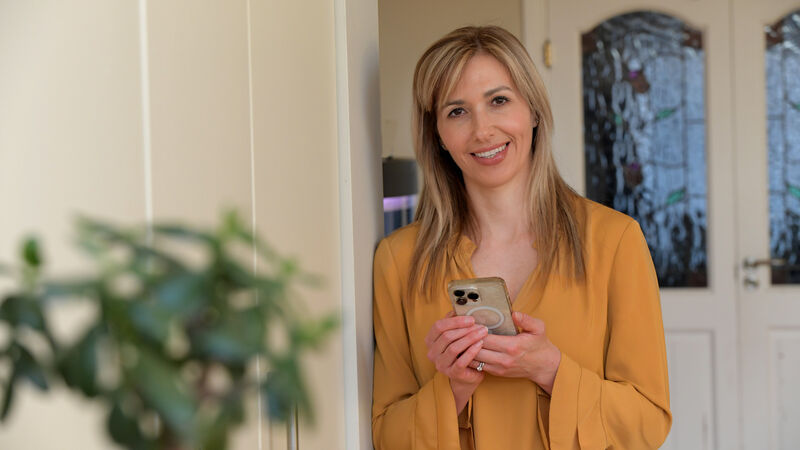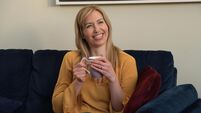The Fabulous Pharmacist: Here’s how to fall asleep faster, and better

Laura Dowling says getting into a routine every night is vital. Picture: Moya Nolan
Writer Tom Hodgkinson once said, ‘When the going gets tough, the tough take a nap,’ and he wasn’t wrong.
Sleep is one of the main cornerstones of good health. It's how our body rejuvenates. It’s how our cells regenerate. From our metabolism to our mental health, sleep is central to how we perform during the day.











